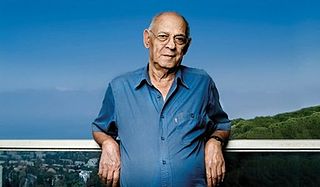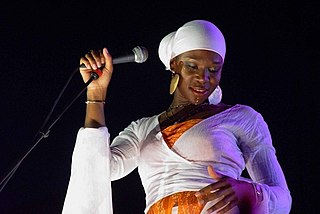A Quote by John McWhorter
People think of black English as ungrammatical, but it bears the same relationship to standard English as contemporary Hebrew does to ancient Hebrew.
Quote Topics
Related Quotes
I work in Hebrew. Hebrew is deeply inspired by other languages. Not now, for the last three thousand years, Hebrew has been penetrated and fertilized by ancient Semitic languages - by Aramaic, by Greek, by Latin, by Arabic, by Yiddish, by Latino, by German, by Russian, by English, I could go on and on. It's very much like English. The English language took in many many fertilizations, many many genes, from other languages, from foreign languages - Latin, French, Nordic languages, German, Scandinavian languages. Every language has influences and is an influence.
The revival of Hebrew, as a spoken language, is a fascinating story, which I'm afraid I cannot squeeze into a few sentences. But, let me give you a clue. Think about Elizabethan English, where the entire English language behaved pretty much like molten lava, like a volcano in mid-eruption. Modern Hebrew has some things in common with Elizabethan English. It is being reshaped and it's expanding very rapidly in various directions. This is not to say that every one of us Israeli writers is a William Shakespeare, but there is a certain similarity to Elizabethan English.
There are certain concepts, which exist in English, and are unthinkable, untranslatable into Hebrew and vice versa. Hebrew has a system of tenses, which is, in a big way, different from the English system of tenses, probably different than any European system of tenses, which means a different sense of reality, which means a different concept of time. So, things can be translated, but they become different.





























